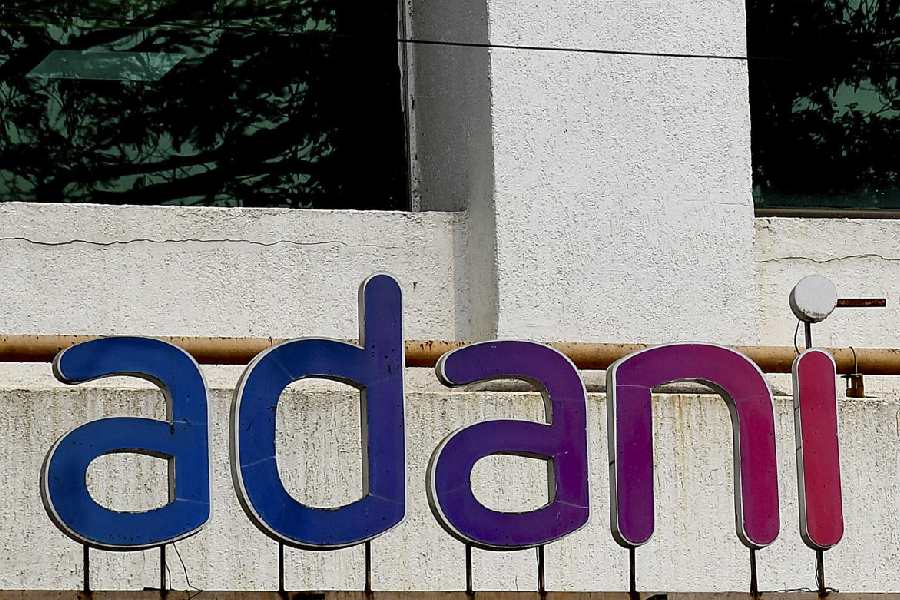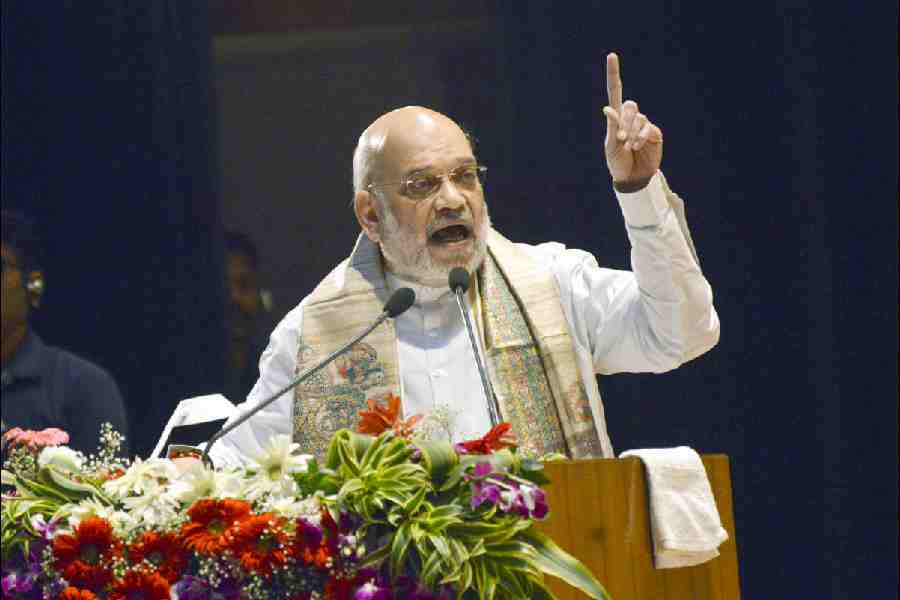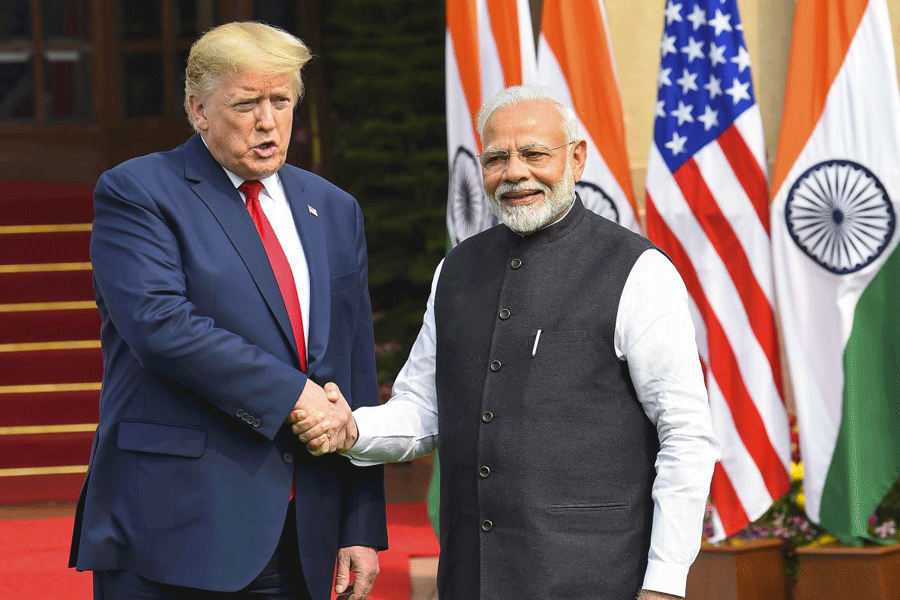New Delhi, Aug. 5: The CAG report on the Commonwealth Games, tabled in Parliament today, has blamed the Prime Minister’s Office for Suresh Kalmadi’s appointment as organising committee chief and Sheila Dikshit’s government for irregularities and wasteful expenditure.
The 750-page report of the comptroller and auditor general, which covers the period from May 2003 — when the Commonwealth bid was submitted — to December 2010, has alleged “favouritism”, “bias”, wasteful expenditure and rampant flouting of government norms in the award of Games contracts.
It has noted that 82 per cent contracts were awarded in the last two quarters of 2010 — barely a month or two before the Games — and that there were no realistic estimates of the cost to be incurred. The May 2003 bid estimated the Games would cost Rs 1,200 crore. The budget estimate as of October 2010 was Rs 18,532 crore.
The report has mostly blamed the Kalmadi-led organising committee for the mess in the run-up to the Games, describing its members as not qualified or experienced enough to handle the event. It has also accused Kalmadi and his team of benefiting the Indian Olympic Association (IOA) at the expense of the organising committee and the government.
The CAG says it observed a “modus operandi” by all decision makers to delay projects, ignore warnings and create an artificial sense of urgency that not only helped to flout norms and eliminate competition in awarding Games contracts but also escalated costs. “The conclusion in fact is inescapable that this could indeed have been an intended objective,” the report states.
“It can most confidently be concluded that due to the perceived sense of urgency and resultant lack of competition, the country had to pay a higher price for the same activities, equipment and infrastructure.”
Unlike its report on the 2G scam, this audit report is yet to put a figure on the loss to the exchequer.
The report states that the CWG bid document of May 2003 envisaged the organising committee “as a ‘government-owned registered society’ with the Chairman of OC Executive Board being a government appointee, and the IOA president being only the EB vice-chairman”. Kalmadi was IOA president then.
However, “the OC was ultimately set up in February 2005 as a ‘non-government registered society’ with IOA president Shri Suresh Kalmadi as the chairman of the OC EB”. This was “despite serious objections” from the then sports minister Sunil Dutt. Kalmadi was appointed based on a PMO recommendation of December 2004, it states.
The report says this was done on the basis of an “updated bid” dated December 2003 but surfaced only in September 2004. “This updated bid had no legal sanctity,” CAG official R.S. Mathrani said.
Sports minister Dutt on November 14, 2004, expressed “surprise” at the resolution passed by the IOA appointing its president (Kalmadi) as chairperson of the organising committee. “This was at variance with the decisions taken in the GoM meeting (of October 25, 2004). He also stated that the minutes of the GoM meeting, as issued by the cabinet secretariat and received in his office on November 10, 2004, did not reflect the decisions taken in the meeting regarding various aspects of the composition of the OC,” it says.
“Interestingly, we found substantial differences between the draft minutes of the GoM meeting prepared by the minister of youth and sports and those finalised by the cabinet secretariat and forwarded to the Prime Minister,” the CAG report states. The CAG said the Games should have been entrusted to a single point of authority and accountability. The government’s approach was “not methodical, consistent and effective, and also led to complete diffusion of accountability.”
It has also faulted the PMO, without naming it, for being slow to take corrective action. “Possibly, the only effective steps taken were around August 2010 which eventually ensured the actual conduct of the games,” the report states. The PMO in August 2010 set up a committee of top bureaucrats under the cabinet secretary to oversee Games preparations.
Blaming Dikshit for the import of street lights at an “avoidable” cost of Rs 31.07 crore”, the CAG said: “Models of various companies of vastly different repute and of different price range were selected at the same level…. We also found that the procurement price of imported luminaries was far higher than the fair price computed on the basis of actual invoice price.”
It found irregularities in the broadcast of the Games by Prasar Bharati, in the construction of the Games village and the award of the contract to Emaar-MGF.











